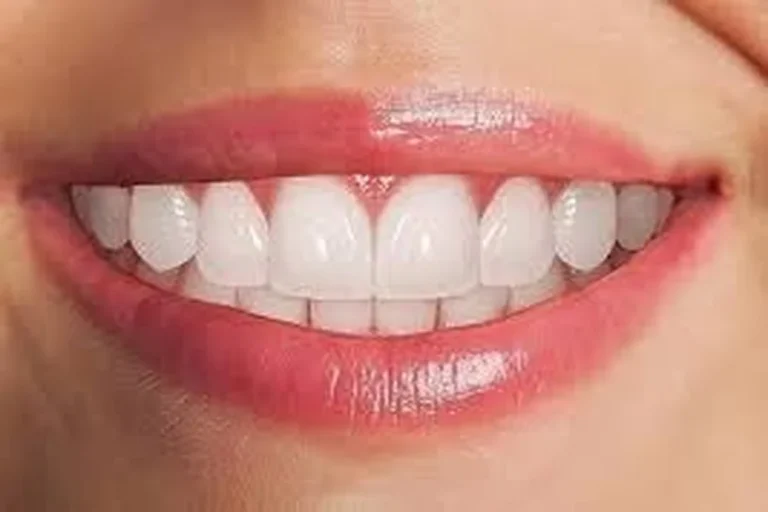Cosmetic dentistry raises genuine ethical questions. You’re about to learn about “smile design”. This is more than achieving a beautiful smile. It shapes how people see themselves. Many wonder if it’s worth the impact. A smile affects everything from self-confidence to social interactions. Yet, decisions by a dentist in Plymouth MN carry weight. They often balance patients’ desires with health. What happens when appearance overrides well-being? Some worry about unnecessary procedures. They question if patients truly understand long-term effects. Others stress the importance of informed choices. Patients should know the risks. Do they trust their dentist fully? Considering these ethical aspects ensures fairness. It also respects patient autonomy. You need to navigate these waters carefully. After all, a smile is not just about looking good. It’s about feeling right and knowing the choices are sound. Make informed decisions. Ensure they reflect your values. Remember, every smile tells a story.
Understanding Smile Design
Smile design often involves altering teeth, gums, and bite. Procedures like veneers, crowns, and whitening become common. While these enhancements can boost self-esteem, they carry potential risks. Over-treatment may lead to long-term dental health issues. Patients must weigh the benefits and risks with care. According to the American Dental Association, informed consent is crucial. Patients should ask questions and understand every procedure.
Ethical Considerations
Ethics in cosmetic dentistry center on patient welfare. Dentists should prioritize health over aesthetics. They must ensure that treatments are necessary and not harmful. Ethical practice involves discussing all options. A balance between desire and necessity helps maintain dental health. The focus should always be on the patient’s best interest. Transparency in explaining procedures ensures trust and informed choices.
Informed Decisions
An essential part of ethical treatment is informed decision-making. Patients should feel empowered. Understanding the full scope of procedures and their effects leads to better choices. Dentists have a duty to communicate clearly. They need to explain not just the how, but also the why of treatments. This transparency fosters trust and respect between dentist and patient.
Impact on Mental Well-being
Smile design can significantly influence mental well-being. A confident smile can enhance self-esteem and social interactions. However, the pursuit of perfection may lead to dissatisfaction. Patients may face pressure to conform to aesthetic norms. Ethical practice requires understanding these pressures. Dentists should support positive self-image, not fuel insecurity.
Data Table: Benefits vs. Risks of Smile Design
| Benefits | Risks |
|---|---|
| Improved Self-Esteem | Potential Over-Treatment |
| Enhanced Social Interactions | Long-term Dental Issues |
| Boosted Confidence | Unnecessary Procedures |
Legal and Professional Standards
Legal standards guide ethical practices in dentistry. Dentists must adhere to guidelines outlined by professional bodies. The U.S. Food and Drug Administration provides regulations that ensure safety and efficacy. Upholding these standards protects patients from exploitation. Patients can trust that treatments are based on sound legal and ethical foundations.
The Role of Trust
Trust is essential in the dentist-patient relationship. Honest communication and transparency are key. Patients should feel comfortable discussing doubts and concerns. Dentists need to be receptive and empathetic. A foundation of trust leads to better patient outcomes and satisfaction.
Conclusion: Navigating Smile Design Ethically
Smile design in cosmetic dentistry presents unique ethical challenges. Navigating these requires understanding, communication, and trust. Patients must be well-informed and confident in their choices. Dentists have a responsibility to prioritize patient health and well-being over aesthetics. Ethical practice ensures that every smile remains true to its owner. Remember, a smile isn’t just about appearance. It’s about confidence, health, and authenticity.

